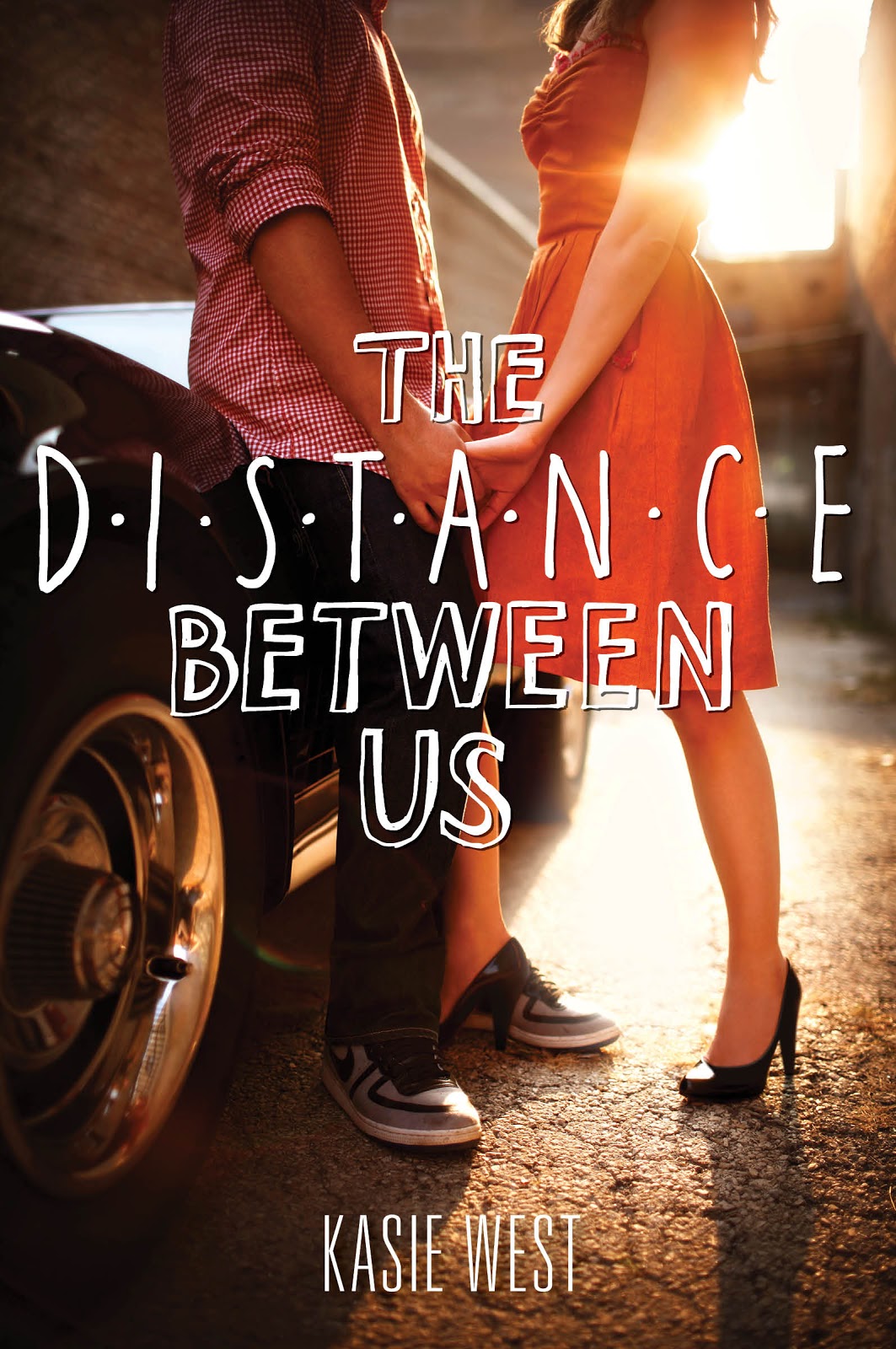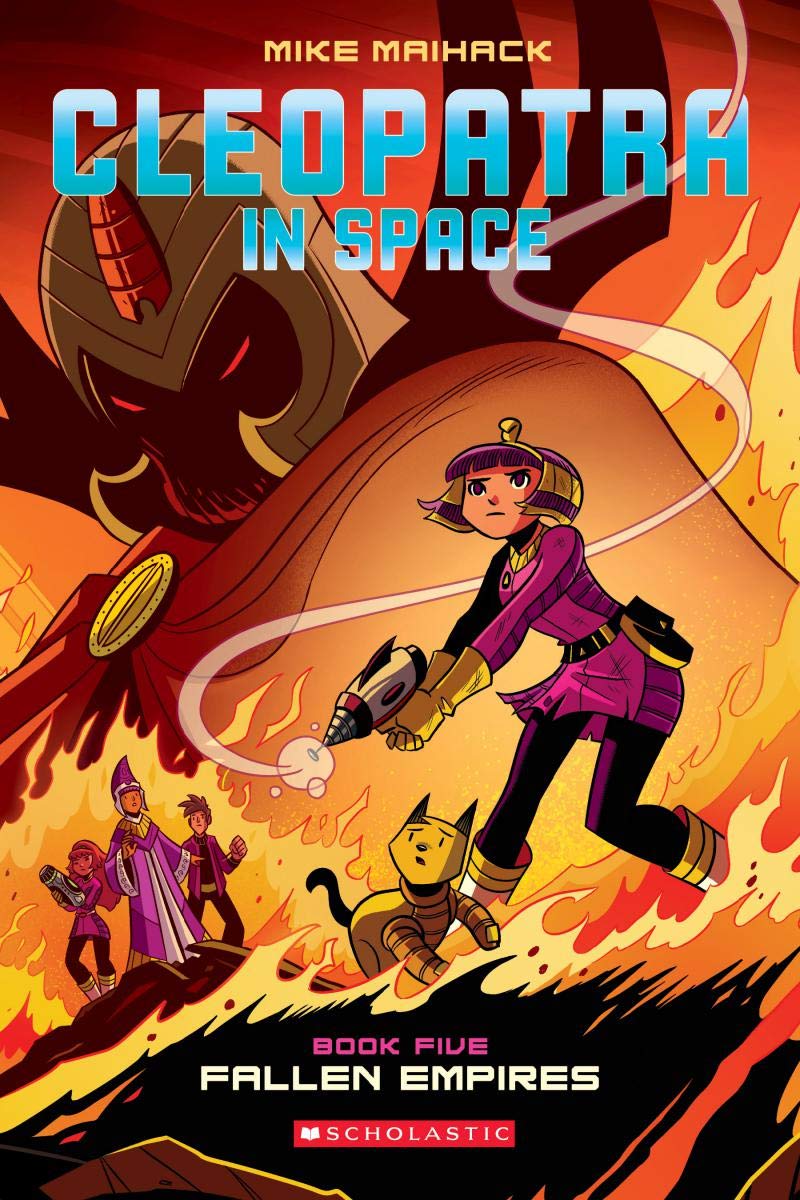[button color=”black” size=”big” link=”http://affiliates.abebooks.com/c/99844/77798/2029?u=http%3A%2F%2Fwww.abebooks.com%2Fservlet%2FSearchResults%3Fisbn%3D9780006512110″ target=”blank” ]Purchase here[/button]
Here is Book 19 of the 20-volume novel of warfare, wildlife, society, and culture in the era of Napoleon, featuring a brilliant British frigate captain named Jack Aubrey and his medical officer, intelligence agent, musical partner, and longtime friend Stephen Maturin. And if book 18 (The Yellow Admiral) was a book of tragic forebodings, The Hundred Days is one in which the foreboding comes true.
Don’t be shocked when a couple important, recurring characters’ deaths seem to have fallen in the crack between these books; a little reflection will show that they were set up very nicely, and you might have expected them had you been paying closer attention. The real surprise is how quickly O’Brian moves on with his narrative, disposing of a likable, long-running character late in this book without even pausing for breath. If you wanted a taste of the cold, numb shock of the human, and very personal, cost of warfare, you have come to the right shop.
The characters, for their part, do not move on so easily. Stephen’s deep, spiritual pain is an undercurrent throughout this book; but there are also foreshadowings of a happiness to come, though one that remains unfulfilled at the end of this book. In the meantime, he and Jack are kept too busy to dwell on their losses, because Napoleon has escaped from Elba; the war is back on; and the H.M.S. Surprise is right in the thick of it.
Intelligence has it that the Turks want to help Napoleon beat the allies. To do this, he must keep the armies of Austria and Russia from coming together, and from meeting with the English and Prussian forces. It’s countdown time – the countdown to Waterloo, when a slender difference of timing and the issue of whether or not two historic enemies can work together may decide the fate of all Europe. But all that’s happening on land; what does a frigate in the Mediterranean have to do with it? Well, the Turks won’t move until their mercenaries are paid. The gold to pay them is coming from Morocco, by way of Algiers. Unless Jack and Stephen can stop the gold by a combination of daring, strength, and cunning, the plan may succeed – and so may Napoleon.
Who knew that a lion-shooting safari into the Atlas mountains of north Africa played such a pivotal role in stopping Napoleon from taking over the world? Who knew that so much depended on Stephen spreading a few simoleons around, ensuring that several Adriatic shipyards would get the torch? Who knew that a long chase along the Spanish coast at the dark of a moon could decide so much? And even if they did know, would they have imagined such a rich backdrop of Algerian culture, wildlife and landscape; the chancy politics of a naval squadron; a surprising discovery in a moorish slave market; the intrigues and assassinations; the duel nearly fought over the stomach contents of a dog named Naseby; and the chilling rise and fall of a captain’s steward in the social pecking-order of a deeply superstitious crew? Who would have expected a mere naval adventure to touch on such topics as marital love, jealousy, addiction, suicide, the hydrodynamics of a unicorn horn, and medical malpractice? Who, indeed, would have guessed that Stephen Maturin would possess a creepy talisman last seen in the hands of Draco Malfoy? Well, except for the last question, the answer is probably “anyone who has read books 1-18 of the Aubreyiad.” If these questions intrigue you, you should join their number. You won’t be disappointed.


